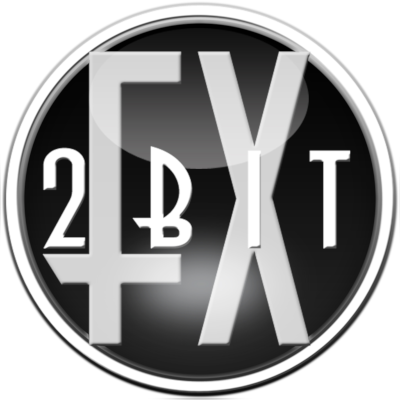
We have all been excited about the opportunity to be selected as a participant Epic Games new Virtual Production Fellowship. I was extremely honored to be invited to be a part of the third cohort of artists, filmmakers, and other creative adjacent professionals (second official as the first was the secret pilot). For six weeks, a group of about 100 individuals were given a full crash course in filmmaking using Epic Games proprietary Unreal game engine.
Each day was full of lectures, labs, and industry guests who are on the cutting edge of this new frontier for filmmakers. With new techniques in “in camera vfx” (ICVFX) from indie budgets to culminating in learning about the latest efforts in LED volumes, the fellowship was a mind-bending flood of new knowledge.
To make it even more interesting, each fellow was expected to create a one-to-three-minute short film, demonstrating their new understanding of the engine. Broken into smaller groups of about a dozen individuals, a number of individuals were asked to present their work on their film to that point. Selected in the first show and tell, I shared a ten-page script that I was writing along with concept art and a look book. Eyebrows raised, and I was told that it was too ambitious, and that I should rethink my concept. Never tell me I can’t. While certainly overly ambitious, I pressed ahead undeterred.
Amid learning the software, writing, creating story boards, and gathering and building assets, I focused on several key goals:
– Learning the crucial skills to manage the engine.
– Incorporating other DCC outputs, especially from Houdini.
– Focusing on how the engine can enhance the speed of creativity and linear storytelling.
Unreal, much like Houdini, has a steep learning curve. Many participants struggled to wrangle the many menus, sub-menus, right-click menus, right-click sub-menus, and all the various panes and configurations required for various steps and stages. While powerful and quick once mastered, there are a lot of elements of linear production that are challenging in a game development context. The answer to questions were often, “You need to think like a gaming artist.” Once you beginning to untangle the menus and context, the speed at which you can change and add to your story is quite incredible.
In conclusion, the experience was eye opening and brought renewed excitement to be able to create projects that were once budgetarily impossible. What once took hundreds or thousands of artists can now be created by small teams or even a very brave individual. While there are still some growing pains to get through unreal engine is going to revolutionize a large section of the film and storytelling industries. And to close, please enjoy the fruits of that frenetically paced 6 weeks.

